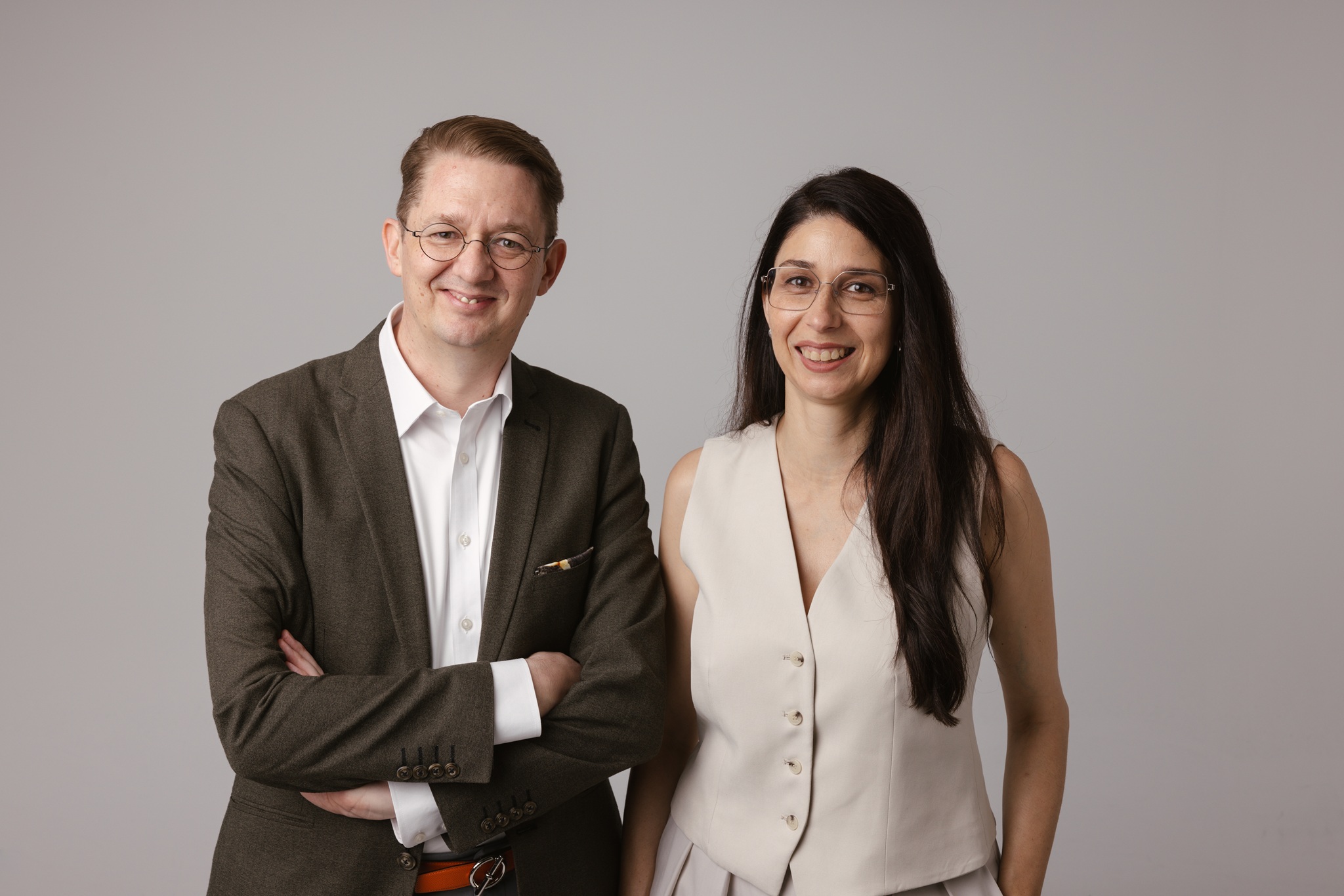Leaders in business and society will need to manage four clashes of competing priorities to navigate this decade of disorientation, according to a new report from the University of Sydney Business School.
The 2026 Skills Horizon , launched this afternoon at SXSW Sydney , is designed to help leaders and organisations stay ready in an era of unprecedented disruption, uncertainty, and complexity.
It explores the five shifts driving global change, the four clashes leaders need to balance, and the 35 skills-grouped into four areas of convergence-that are essential for future success.
The report draws on insights from interviews and focus groups with more than 150 global leaders and executives, whose diverse backgrounds include business, government, academia, defence, culture and the arts. It is also informed by analysis of business media, major global conferences like SXSW and Davos, and a review of 50 future skills reports.
"The term clash sounds adversarial, but this can also be a case of productive conflict."
Professor Kai Riemer
Co-Director, Sydney Executive Plus

Professor Kai Riemer and Associate Professor Sandra Peter, Co-Directors of Sydney Executive Plus, emphasise the importance of lifelong learning for leaders who wish to succeed.
"What we said in the first edition still holds: 'The next 10 years will be the most disorienting of your career. They could also become the most impactful.' But we did notice that things have become more turbulent in the past year," said Associate Professor Sandra Peter , Co-Director of Sydney Executive Plus.
"After reflecting on our conversations with leaders, we were struck by this recurring feeling of ambient uncertainty. It's that persistent, low-grade unease that has become the bewildering vibe of everyday life.
"In a world that is only getting messier-and which can overwhelm even the most capable and experienced of us-it will take new skills to make the most of the future."
The five 'messy' shifts and four clashes for leaders to navigate
The inaugural Skills Horizon introduced the idea of "the decade of disorientation", which is characterised by five shifts: values, technology, accountability, trust, and energy.
The 2026 Skills Horizon reiterates these shifts and sees the emergence of four clashes created by them:
- Policy vs People. How do you balance demands for flexibility with the need to coordinate for productivity?
- Efficiency vs Expertise. How do you use AI to do more without eroding expertise in the process?
- Capability vs Control. How do you source the broad capabilities your organisation needs and maintain control over your growing dependencies?
- Abundance vs Attention. How do you stay informed across a sprawling number of big issues without being overwhelmed by the noise?
"The term clash sounds adversarial, but this can also be a case of productive conflict," said Professor Kai Riemer , Co-Director of Sydney Executive Plus.
"These aren't areas where you can choose one over the other. Yes, there will be trade-offs, but effective leaders need to understand both sides to strike the right balance that brings out the best from themselves and their team."
The four skills 'blobs' for grounded leaders to master
The 35 skills identified in the report are grouped into four 'blobs' of convergence: speaking the language of tech, solving problems of scale, working across difference, and thinking through complexity.
"Within these groups there were a few interesting moves that stood out to us," said Professor Riemer.
"Three skills that have recently become more critical to success are managing for stability, building trust at scale, and mastering aesthetic leadership - your ability to lead with empathy and articulate messages in clear and accessible ways.
"We've also seen the unexpected emergence of new business infrastructure and work redesign as skills that will enable leaders to capitalise on big opportunities."
The report closes by emphasising the importance of lifelong learning.
"You need to keep learning to stay ahead in a changing world. No matter how complex and uncertain things get, upskilling helps provide stability, clarity, and direction," said Associate Professor Peter.
Download the report and start exploring now: https://plus.sydney.edu.au/horizon/






